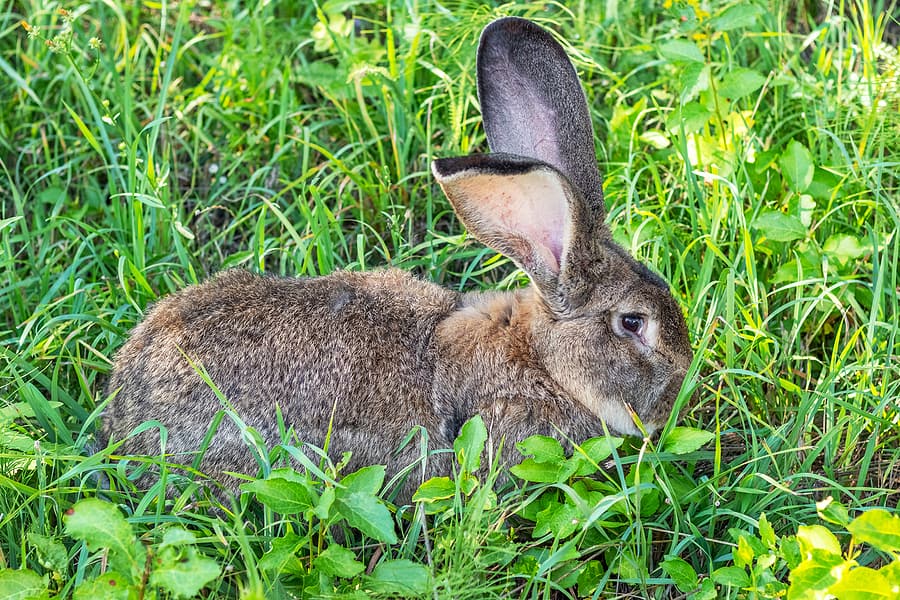READY TO GET STARTED?
REQUEST A FREE ESTIMATE
Fill out the form below or call (888) 466-7849 for a free, no-obligation estimate.

While some may have an idyllic picture of wildlife on their property (deer roaming across their yards, cute bunnies hopping through the garden), these nuisance wildlife can decimate your lawn or garden overnight. Squirrels digging holes, deer eating shrubs, and rabbits chowing down on your vegetables can leave you with a mess to deal with. If you don’t want to have to share your outdoor living space with these pests, consider these simple wildlife exclusion tips to prevent wildlife from taking over your yard.
The first step in wildlife control is identifying which critter you have.
Wildlife are less likely to hang out in your yard if they don’t have a place to hide. Getting rid of wood piles, brush, and overgrown shrubbery will eliminate the majority of their hiding spots. Open spaces and neatly trimmed flower beds help to discourage them, especially rabbits and groundhogs.
Another thing wildlife look for in your yard is a food source. Getting rid of their food or discouraging them from it will go a long way in keeping them out. Fill your garden with plants that deer and rabbits dislike. Pick any edible fruits and vegetables as soon as they are ripe. Collect fallen fruit and nuts before the squirrels can get to them. Don’t leave pet food sitting out overnight. Strap or bungee trash can lids onto your cans.
There are several plants you can include in your landscaping that help deter wildlife. Most animals will be repelled by the smell of garlic plants. Daffodils are a pretty addition to your garden but most animals dislike the bitter taste of their leaves. Lavender is great for repelling deer and rabbits. Marigolds work well at repelling moles. You can also use distasteful substances to spray or sprinkle around your garden or individual plants to help repel wildlife. Some substances that are effective include hot pepper extract, predator urine, castor oil, garlic clippings, cayenne pepper, putrid egg whites, and coffee grounds.
Putting deterrents in your yard can help scare these pests away. Dogs who have free run in your yard are great at keeping these wildlife away. You can also use noisemakers, motion-activated sprinklers and lights, automated sprinklers, garden spinners, decoy animals, and pinwheels to help scare them away.
You can also keep wildlife at bay by making it physically impossible (or at least much more difficult) for them to get into your yard or garden. You can put up a barrier to protect your yard or even individual plants you want to protect. Netting or chicken wire around plants or a wire cloche over plants can protect them from rabbits, groundhogs, squirrels, and deer. Putting electric fencing around your vegetable gardens can exclude most wildlife as long as they can’t go over or under it. To keep deer out, fences should either be extremely high (8 feet or taller) or short, doubled, and wide (such as 2 shorter fences spaced 5 feet apart). Use sturdy wire or hardware cloth to close any openings under your shed and deck to help keep out rabbits and groundhogs, Make sure to bend the wire into an L-shape and bury it several inches under the ground to keep them from digging underneath it.
If you have a problem with wildlife, contact your local wildlife control company who can help you identify which type of pest you are dealing with and provide you with the best wildlife exclusion methods for your situation.
How Common is the American Cockroach?
5 Winter Lawn Care Tips for Southern Homes